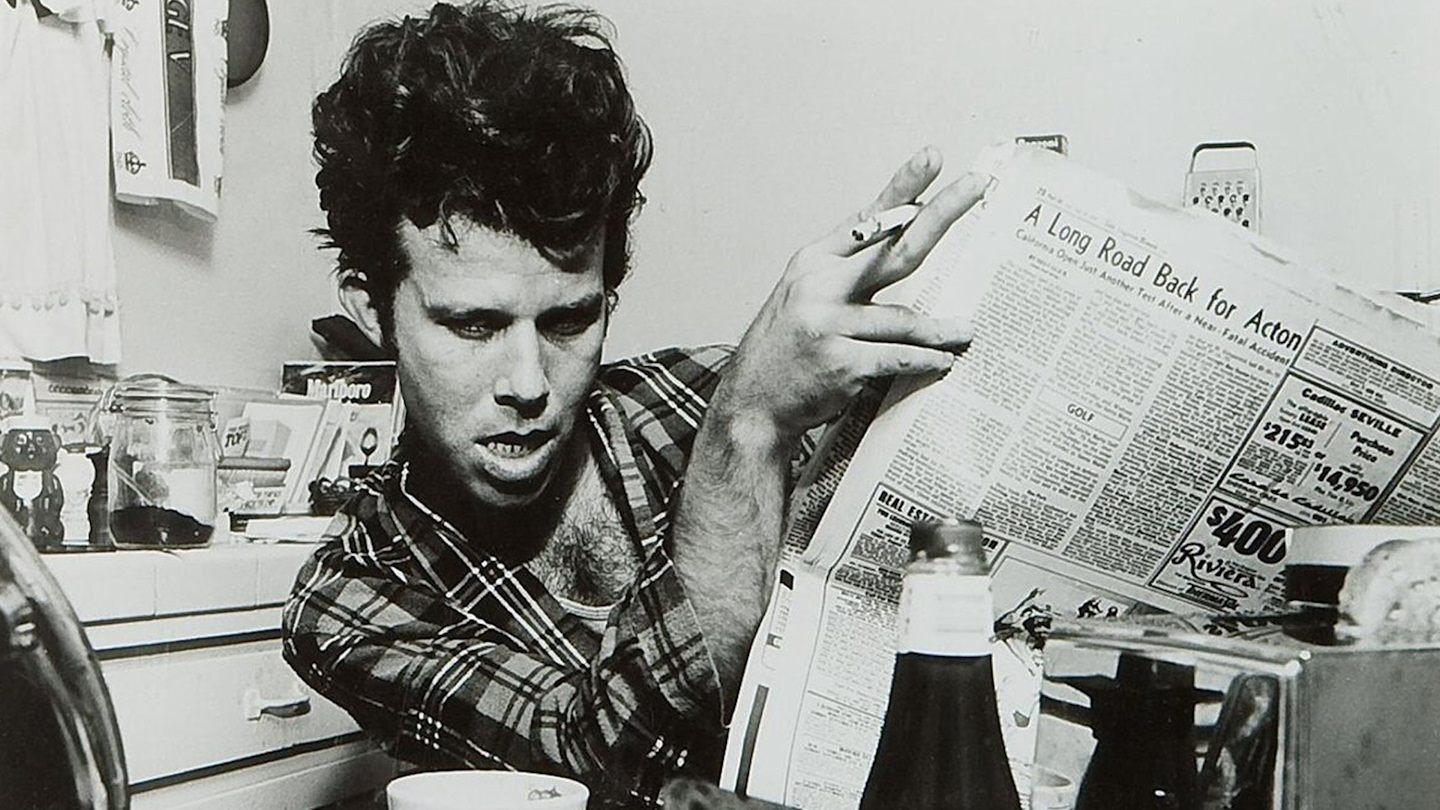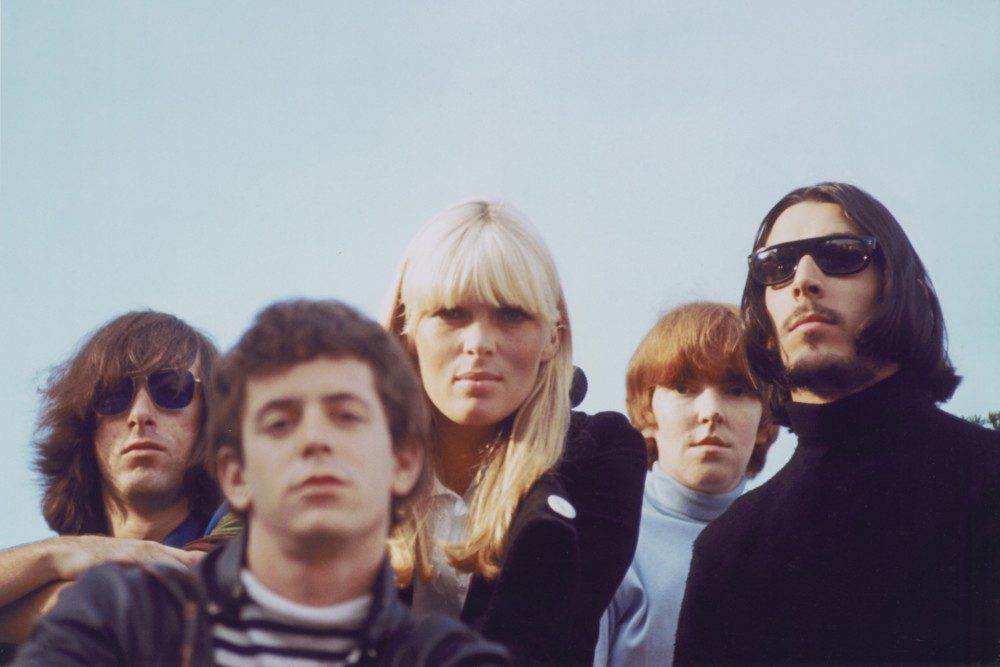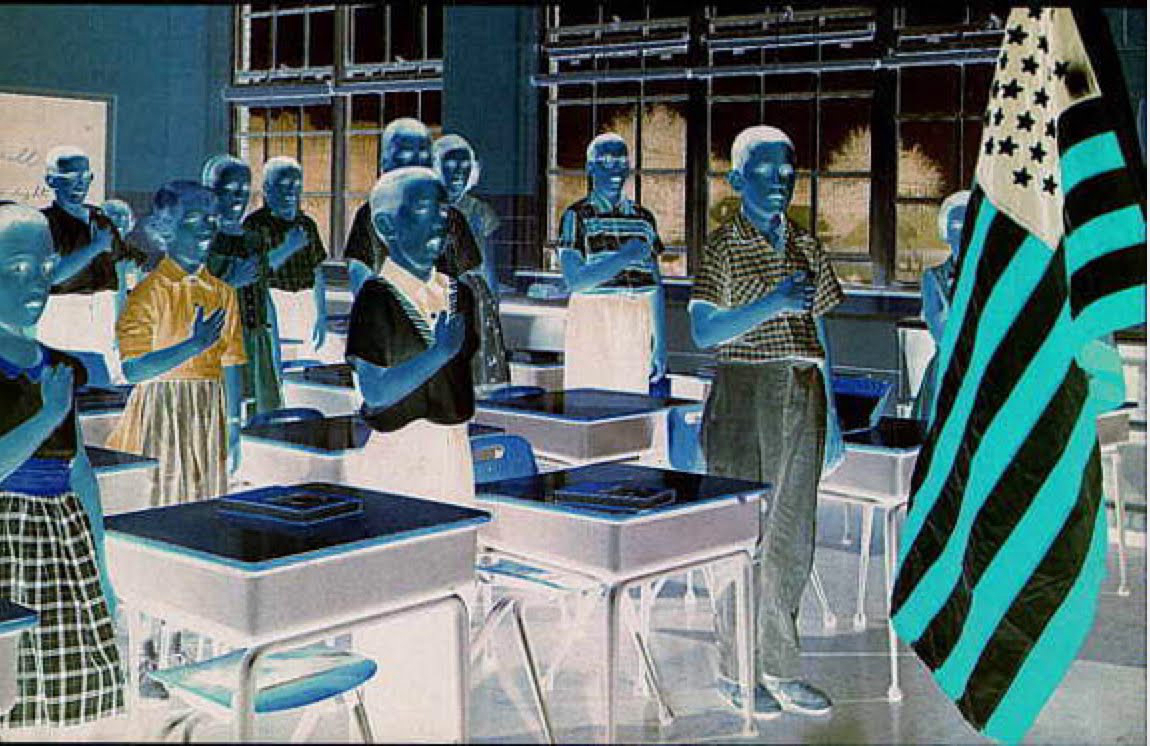
[fusion_builder_container hundred_percent=”yes” overflow=”visible”][fusion_builder_row][fusion_builder_column type=”1_1″ background_position=”left top” background_color=”” border_size=”” border_color=”” border_style=”solid” spacing=”yes” background_image=”” background_repeat=”no-repeat” padding=”” margin_top=”0px” margin_bottom=”0px” class=”” id=”” animation_type=”” animation_speed=”0.3″ animation_direction=”left” hide_on_mobile=”no” center_content=”no” min_height=”none”]
Combine brutal self-awareness, melancholic love affairs, and a natural pop sensibility and you will arrive at Quit the Curse, Anna Burch’s debut album. The Detroit singer-songwriter has spent years paying her dues playing in bands like Frontier Ruckus and Failed Flowers, but seems most at home as a solo act, singing a collection of lost-love songs tinged with irony and infectious hooks.
On Quit the Curse, Burch intermingles quirky candidness with familiar clichés, offering a refreshing take on age-old breakup anthems. Despite their dim subject matter, the songs possess a weightlessness brought on by Burch’s bright chord progressions and the occasional pedal steel swell. This contrast makes the album feel like laying in the sand with a piña colada but also browsing through pictures of your ex and their new partner.
The record reaches its height of beachy-ness on “Belle Isle,” a gorgeous play on cookie-cutter 1960’s surf-pop (complete with time changes and irreverent one-liners) that name-drops Detroit’s much-beloved island park gem. Burch sings “I wish that you would hold me in your arms/Like the night we made out on Belle Isle,” in a sweetly deadpan voice atop sunny pedal steel; equally endearing and amusing, it feels like an inside joke that we’re all in on – one called modern romance.
But the album is not solely a list of sugar-coated grievances. In “What I Want,” Burch hones in on the importance of moving forward and gives herself and anyone else who’s listening some words to live by. “I won’t play the victim just because I can’t get what I want,” sings Burch, followed by “Self-destruction is so played out/So is self-pity and self-doubt,” offering some genuine self-reflection and taking a jab at the melodrama of heartbreak.
Burch’s matter-of-fact line delivery and decade blending instrumentation heed a laid-back listen that reflects the indecision, apathy, and confusion involved in most post-millennium love stories.
[/fusion_builder_column][/fusion_builder_row][/fusion_builder_container]




